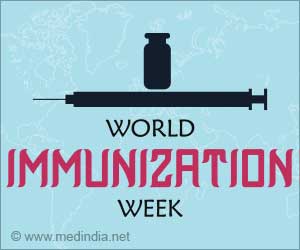Prozac, the popular drug for depression has been studied by researchers, in the manner with which it acts in the brain. Researchers from the Cold Spring Harbor Laboratory in Long Island, New York, have found that the drug causes the production of immature brain cells.
This could pave the way for the birth of new treatment measures for depression, and Alzheimer's. The researchers, as part of their study, analyzed proteins that were produced by several cells in the brain of adult mice. Prozac, as discovered by the scientists, causes the production of certain cells called the ANP’s or amplifying neural progenitors.The researchers are now testing other antidepressants and new drugs to establish whether they act in the same way. Lead researcher Dr Grigori Enikolopov said “Prozac is not a panacea, it does not work for everybody. By defining the drug's chief target we are giving a clearer idea of how perhaps to design new anti-depressant drugs and therapies."
Paul Farmer, chief executive of the mental health charity Mind, said: "All new research on drugs is interesting, but it's worth remembering that 'talking treatments', such as cognitive behavioral therapy, are the recommended first line treatment for many cases of depression. Unfortunately, waiting lists for these are often very long."





